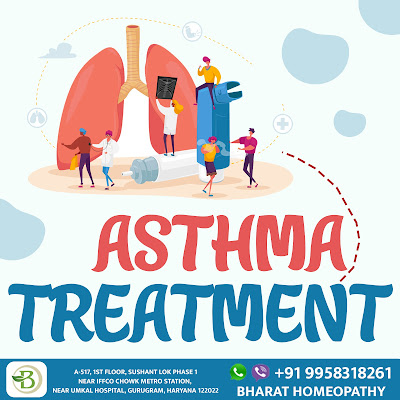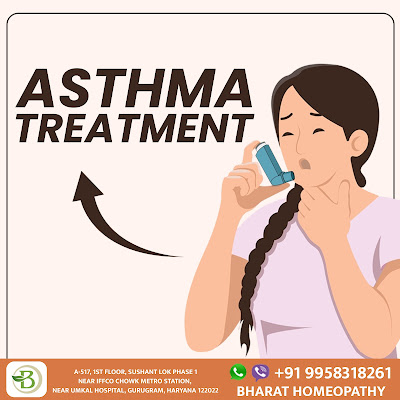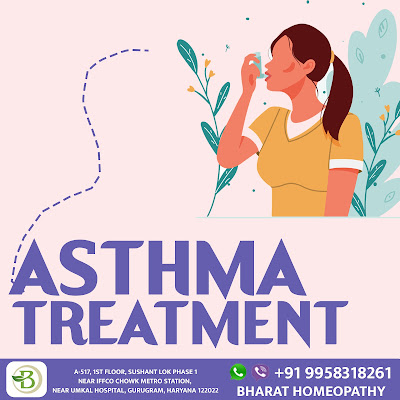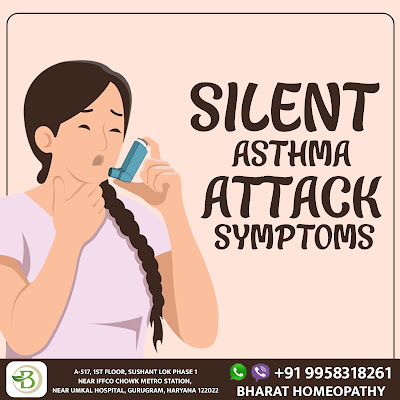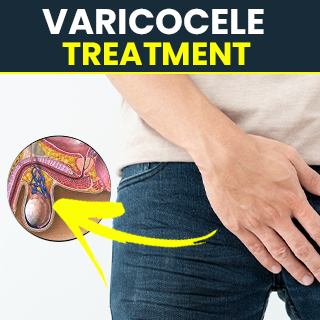The prevalent lung condition known as chronic obstructive pulmonary disease (COPD) limits airflow and impairs breathing. Chronic bronchitis or emphysema are other names for it. The lungs of those who have COPD may get harmed or clogged with mucus. Cough, occasionally accompanied by phlegm, breathing problems, wheezing, and fatigue are all symptoms.
The two main contributing factors to COPD are smoking and air pollution. People who have COPD are more likely to have other health issues. Although COPD cannot be cured, symptoms can lessen if people stop smoking, protect themselves from air pollution, and receive vaccinations to fend off infections. Additionally, it can be managed with COPD treatment.
Beginning in midlife, COPD frequently manifests with symptoms. People find performing their typical daily tasks more challenging when COPD worsens, frequently due to dyspnea. Due to reduced productivity at work and at home, as well as the expense of medical care, there may be a significant financial burden.
Chronic bronchitis or emphysema are other names for COPD. Emphysema typically refers to the lungs' tiny air sacs at the end of airways being destroyed. A chronic cough that produces phlegm as a result of airway irritation is referred to as chronic bronchitis. Coughing, wheezing, and breathing difficulties are frequent symptoms of COPD and asthma; some patients may have both illnesses.
The most typical copd symptoms include fatigue, a chronic cough (often with phlegm), and troubled breathing. These signs can deteriorate rapidly. Flare-ups are the term for this. These typically last a few days and frequently call for extra care and proper COPD treatments.
People who have COPD are also more likely to develop additional medical conditions. These consist of:
pneumonia and other lung infections
lung cancer and heart issues
flimsy bones and weak muscles
both anxiety and despair
A COPD exacerbation is a worsening or "flare-up" of COPD symptoms. In most situations, a lung infection is what triggers an exacerbation, but this isn't always the case. Some patients may get quite ill as a result of the inflammation (irritation and swelling) in their lungs during and after an exacerbation, and it frequently requires a month or more to recover fully.
Exacerbations can be fatal and can be very serious. So it's crucial to seek assistance right away. Discuss with your asthma doctor what measures to take and how to contact them (or their team) for guidance and assistance if your symptoms worsen or if you have been diagnosed with severe COPD or have previously experienced exacerbations.
Medication is the mainstay of asthma treatment since it helps to reduce swelling and constriction (tightness) in your airways. Homoeopathy for asthma is used to alleviate airway swelling.
